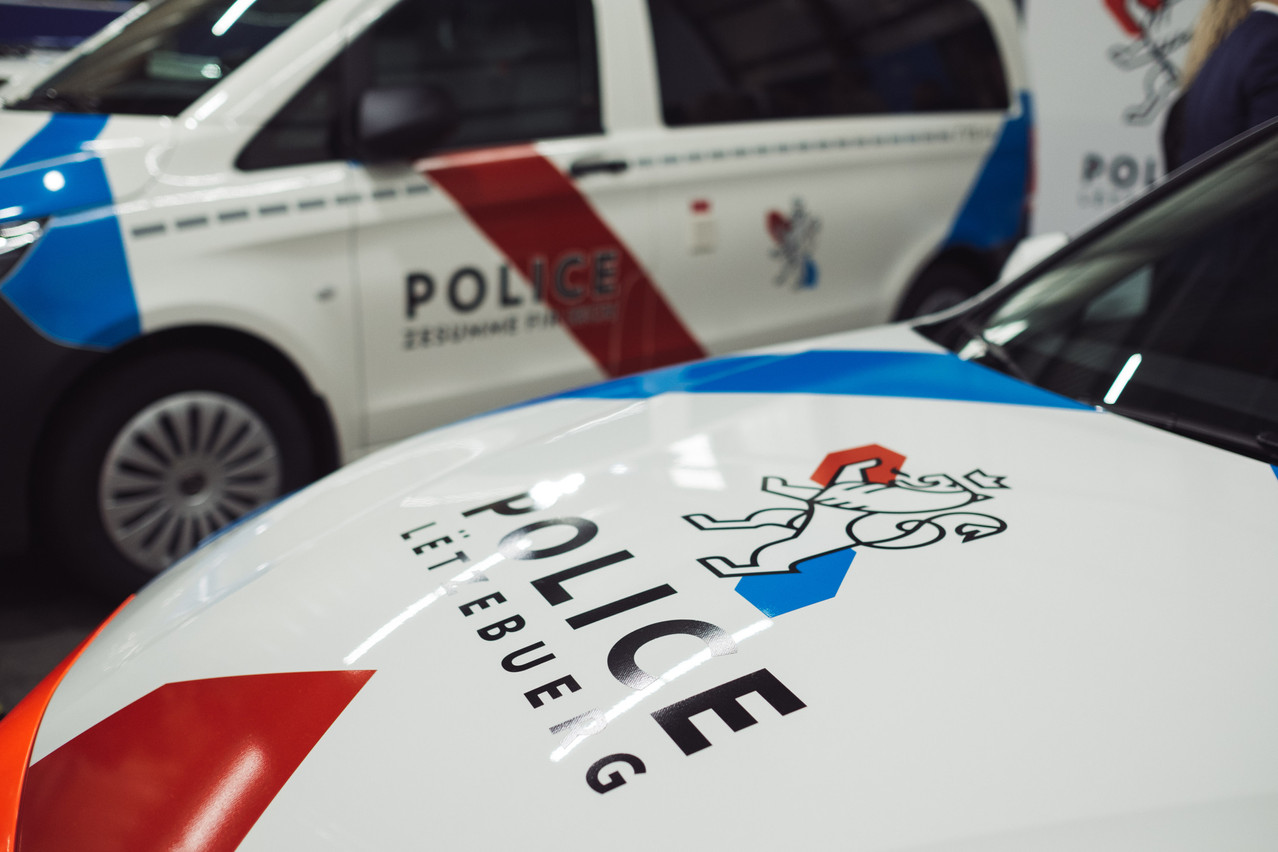The package contains short-term and long-term measures to prevent, police and penalise drug crime, a press release said. Interior security minister Henri Kox and justice minister Sam Tanson (both Déi Gréng), health minister Paulette Lenert and foreign minister Jean Asselborn (both LSAP), and education minister Claude Meisch (DP) are set to present the measures at a joint press conference on 22 October.
The plan comes after widespread criticism over violence in the Gare and Bonnevoie districts around the central train station. Around logged by police in the capital are drugs-related. Of these, 60% of cases are reported in the Gare and 20% in the Bonnevoie districts. of people incarcerated in Luxembourg are serving time for a drugs-related offence.
Prime minister Xavier Bettel (DP) during his said that there was no simple solution to the safety issue around the train station but that it included many different aspects, including tackling drug crime.
The City of Luxembourg previously hired private security agents to improve safety but they have come under fire after an agents’ dog bit and injured a person during an altercation on 4 September. An investigation is underway whether the agents overstepped their powers, with the company to operate in the grand duchy.
The package could also contain details about the legalisation of recreational cannabis, a project that has stalled since it was first announced as part of the 2018 coalition agreement. Tanson during an interview with Radio 100,7 in September said that a strategy on security and drug policy due to be adopted in October would include regulation of cannabis use but didn’t say whether it would be legalised.
Luxembourg has signed three UN treaties which say cannabis may only be used for medical or research purposes and together form a global drug control framework, posing a challenge to the plan to legalise cannabis for recreational purposes.
Lenert at the end of September said that there were a to implementing to coalition plan as originally drafted by former health minister Etienne Schneider (LSAP) and justice minister Félix Braz (Déi Gréng) and that the government was looking for alternatives to the original project.
